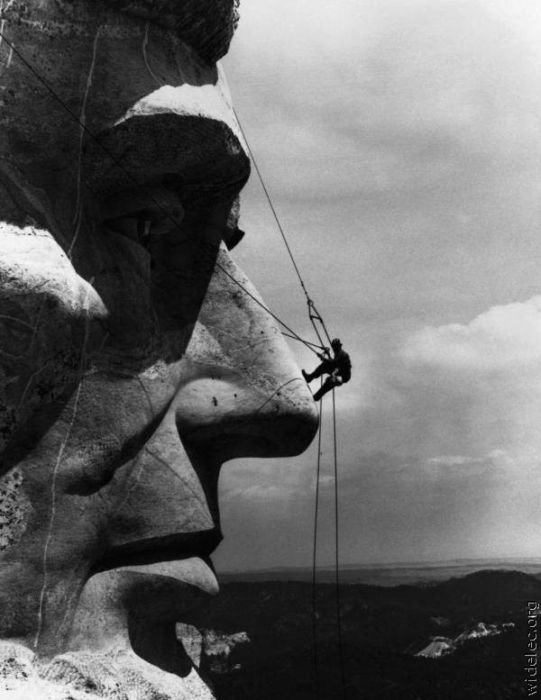|
|
World History
|
Saint Augustine was influential in Christian and Western thought at the beginning of the medieval period. Through the Medieval and Renaissance periods, history was often studied through a sacred or religious perspective. Around 1800, German philosopher and historian Georg Wilhelm Friedrich Hegel brought philosophy and a more secular approach in historical study.
In the preface to his book, the Muqaddimah (1377), the Arab historian and early sociologist, Ibn Khaldun, warned of seven mistakes that he thought that historians regularly committed. In this criticism, he approached the past as strange and in need of interpretation. The originality of Ibn Khaldun was to claim that the cultural difference of another age must govern the evaluation of relevant historical material, to distinguish the principles according to which it might be possible to attempt the evaluation, and lastly, to feel the need for experience, in addition to rational principles, in order to assess a culture of the past. Ibn Khaldun often criticized "idle superstition and uncritical acceptance of historical data." As a result, he introduced a scientific method to the study of history, and he often referred to it as his "new science". His historical method also laid the groundwork for the observation of the role of state, communication, propaganda and systematic bias in history, and he is thus considered to be the "father of historiography" or the "father of the philosophy of history".
In the West historians developed modern methods of historiography in the 17th and 18th centuries, especially in France and Germany. The 19th century historian with greatest influence on methods was Leopold von Ranke in Germany.
In the 20th century, academic historians focused less on epic nationalistic narratives, which often tended to glorify the nation or individuals, to more objective and complex analyses of social and intellectual forces. A major trend of historical methodology in the 20th century was a tendency to treat history more as a social science rather than as an art, which traditionally had been the case. Some of the leading advocates of history as a social science were a diverse collection of scholars which included Fernand Braudel, E. H. Carr, Fritz Fischer, Emmanuel Le Roy Ladurie, Hans-Ulrich Wehler, Bruce Trigger, Marc Bloch, Karl Dietrich Bracher, Peter Gay, Robert Fogel, Lucien Febvre and Lawrence Stone. Many of the advocates of history as a social science were or are noted for their multi-disciplinary approach. Braudel combined history with geography, Bracher history with political science, Fogel history with economics, Gay history with psychology, Trigger history with archeology while Wehler, Bloch, Fischer, Stone, Febvre and Le Roy Ladurie have in varying and differing ways amalgamated history with sociology, geography, anthropology, and economics. More recently, the field of digital history has begun to address ways of using computer technology to pose new questions to historical data and generate digital scholarship.
|
|









